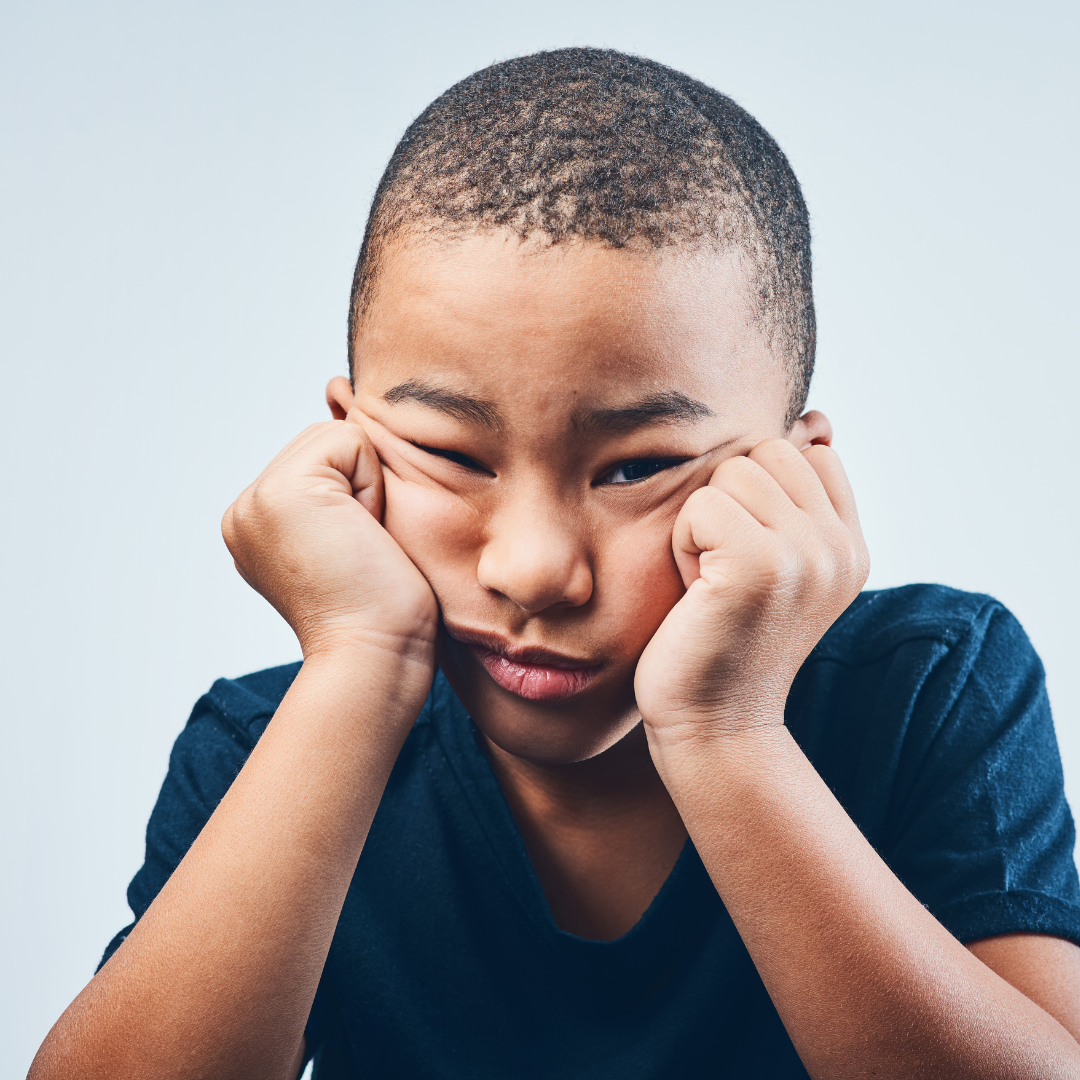With Dr Alicia Carter
Life is so busy that most of us would revel in the opportunity to feel bored but on the odd occasion that we or our children are bored, we suppress the feeling and seek refuge from it, just like you would with anger or other negatively portrayed emotions. Humans hate being bored! But why is that? Is it because our brains are so used to being stimulated that we can’t handle the lull or is it because the stillness forces us to acknowledge our feelings and connect with our emotions and this in itself causes uneasiness?
Researcher Professor John Eastwood and his team have been deep diving on the topic for over a decade and they defines boredom as; ‘The aversive experience of wanting, but being unable, to engage in satisfying activity’ (Eastwood et al., 2012). The need to feel satisfied seems only natural but perhaps it is the level of satiety that we now seek, that has changed over time.
Amongst the research, there are many theories about boredom and in particular children and boredom. Some say it is good for children (and adults for that matter) to be bored as it sparks creativity and their imaginative side. Others say children don’t know how to embrace boredom because they have been brought up with a schedule so full that there is no downtime at all. Combine this lifestyle with a world that offers constant and instant entertainment, and you have children who are not at one with being still. Psychologist Dr Alicia Carter explains that our brains have always had a need for stimulation but instead of being stimulated by watching a bird hunt for worms, we now seek more. “We don’t get the same hit that we once got from natural stimulus because we have audio-visual stimulus (aka a smart phone) at our fingertips feeding our brains with increased levels of dopamine and serotonin.” She rightly points out that people have always sought entertainment to fill dull moments in the day but once a upon a time we easily trained our mind to do this in the present moment, however now, we try to take our mind away from what is right in front of us for this ‘hit’.
As strong as the ‘hit’ might be, it fails to feed an important part of our emotional regulation system- the soothing system. Dr Carter says that when children are still and unstimulated (or bored as they might put it) they are given time to connect with how they are feeling. “The soothing system is switched on and this is an important part of the psycho-emotional puzzle where we learn to connect, embrace peace and tranquillity and where we generate energy rather than drain it.” Practicing mindfulness when bored can lead to a more embracive response to boredom, but this is easier said than done. The first step according to Mindful.org is to notice the boredom and how it makes your body feel both physically and emotionally. Are you twitchy and itchy, hot, cold or numb? Paying attention to these feelings is the first step to being ‘at one’ with boredom.
There is a difference however between experiencing periods of boredom and feeling bored with life in general. The latter points to a lack of purpose, direction, flow or meaning in life and with this comes a raft of negative emotions. Dr Carter explains that it’s all about achieving the right state of flow. “The wisdom is in finding the balance of being challenged without bringing unnecessary stressed into your life. If life is too easy, then we get bored but if it’s too hard we become anxious. Bringing passion into your daily life either through work or cocurricular activities can often fill one’s bucket, or sometimes choosing to work out of altruism is the missing piece of the fulfilment puzzle. We need to remind ourselves that it is ok to be still and not always ‘achieving’. We can fill our cups with hobbies and interests that fulfil us, challenge us and give life meaning and purpose, doing things just because we enjoy them”.
If you are feeling trapped in your emotions or would like to talk to a professional about bringing greater fulfilment to your life, Psychology Consultants have a team of male and female psychologists wo can help you on your wellness journey. Visit this page to read more about our team.
